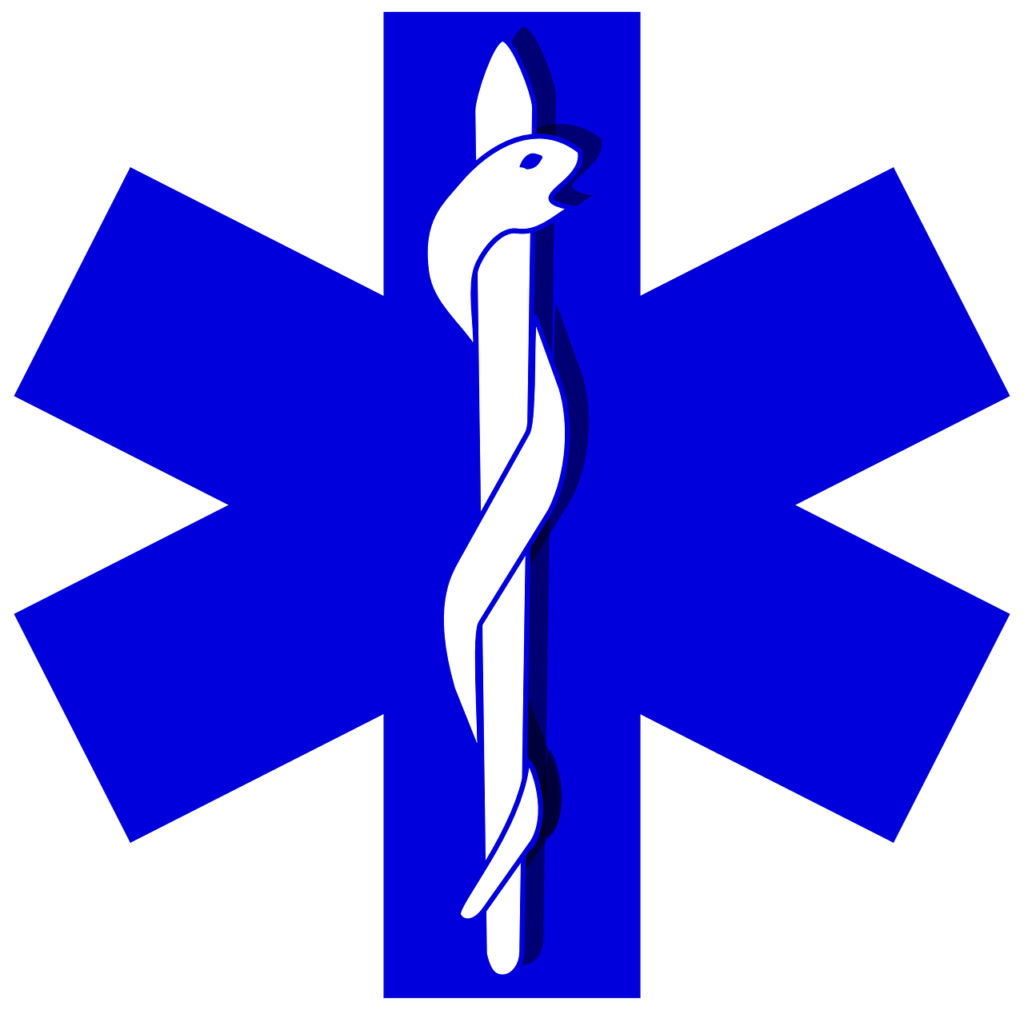Medical Marijuana Card
Considering a medical marijuana card? If so, you’re not alone. Many people seek this card to legally access cannabis for treating conditions like PTSD or chronic pain. It’s a straightforward process, but there are specific qualifications and steps you need to follow. Have you ever wondered what the requirements are and how you can benefit from it? Let’s explore the essentials and uncover what you need to know about obtaining and using a medical marijuana card effectively.

Medical Marijuana
Medical marijuana refers to the use of the Cannabis plant, or its chemical components, for therapeutic purposes under medical supervision. You’ll find that these components, primarily cannabinoids like THC (tetrahydrocannabinol) and CBD (cannabidiol), interact with the endocannabinoid system in the human body. This system plays a pivotal role in regulating pain, mood, appetite, and memory, which is why medical marijuana has garnered significant attention in recent years.
Clinical studies have demonstrated that medical marijuana can effectively alleviate symptoms for various conditions. For example, it has been shown to reduce chronic pain in patients suffering from ailments such as arthritis and multiple sclerosis. Additionally, there is evidence supporting its efficacy in mitigating chemotherapy-induced nausea and vomiting. These therapeutic benefits are why many healthcare providers now consider medical marijuana as a viable adjunct or alternative to conventional treatments.
However, it’s essential for you to consult a healthcare professional to determine if medical marijuana is appropriate for your specific condition. They can guide you through the potential benefits and risks, ensuring that you receive a treatment plan tailored to your needs. Always follow medical advice and adhere to prescribed dosages for the best outcomes.
Post Traumatic Stress Disorder
Post Traumatic Stress Disorder (PTSD) is a severe mental health condition that arises after experiencing or witnessing a traumatic event, leading to persistent and distressing symptoms. You might encounter symptoms such as flashbacks, nightmares, severe anxiety, and uncontrollable thoughts about the event. The condition can greatly impair daily functioning, affecting both personal and professional lives.
Clinically, PTSD is categorized under trauma- and stressor-related disorders. The Diagnostic and Statistical Manual of Mental Disorders, Fifth Edition (DSM-5), outlines specific criteria, including the presence of intrusion symptoms, avoidance behaviors, negative alterations in cognition and mood, and marked changes in arousal and reactivity. These symptoms must persist for more than one month and cause significant distress or impairment.
Evidence-based treatments for PTSD include psychotherapy and pharmacotherapy. Cognitive Behavioral Therapy (CBT), particularly trauma-focused CBT, and Eye Movement Desensitization and Reprocessing (EMDR) are commonly recommended. Pharmacological options often include selective serotonin reuptake inhibitors (SSRIs) like sertraline and paroxetine.
It’s important to seek professional help if you’re experiencing PTSD symptoms. Early intervention can improve outcomes and enhance quality of life. As emerging research continues, alternative therapies such as medical marijuana are being explored for their potential benefits in managing PTSD symptoms.
Registered Patients
Individuals who obtain a medical marijuana card must undergo a detailed evaluation by a licensed healthcare provider to determine eligibility based on specific medical conditions. You’ll need to present medical records and undergo a thorough review of your medical history. Conditions such as chronic pain, epilepsy, and multiple sclerosis are often cited as qualifying. This process guarantees that only those with legitimate medical needs gain access to medical marijuana.
Once deemed eligible, you’ll need to register with your state’s medical marijuana program. This registration typically involves submitting your healthcare provider’s certification and completing an application form. States may have varying requirements, so it’s important to familiarize yourself with local regulations. After approval, you receive a medical marijuana card, allowing you to legally purchase cannabis from licensed dispensaries.
Your card generally has an expiration date, necessitating periodic renewals. During renewals, you’ll undergo another evaluation to confirm continued eligibility. Compliance with your state’s regulations is vital to maintain your status as a registered patient. This structured approach aims to balance accessibility with safety, ensuring that medical marijuana is used appropriately and effectively for therapeutic purposes.
Minor Patients
Minor patients seeking a medical marijuana card must meet strict criteria and obtain consent from a parent or legal guardian. You need to make sure that the minor has a qualifying medical condition, as defined by state-specific legislation. Common qualifying conditions include severe epilepsy, cancer, and debilitating conditions that have not responded to conventional treatments.
The process involves consultation with a licensed healthcare provider who specializes in medical marijuana. You must provide detailed medical records to substantiate the diagnosis and the necessity for cannabis-based treatment. The healthcare provider will evaluate the minor’s condition and determine if medical marijuana is an appropriate option.
After obtaining a recommendation, you’ll need to submit an application to the state’s medical marijuana program. This application must include the healthcare provider’s certification, proof of identity, and parental or guardian consent. The parent or guardian is also required to act as the primary caregiver and will manage the administration of the medication.
How can we help you?
Contact us at the Zen Cannabis Clinic nearest to you or submit a business inquiry online.
